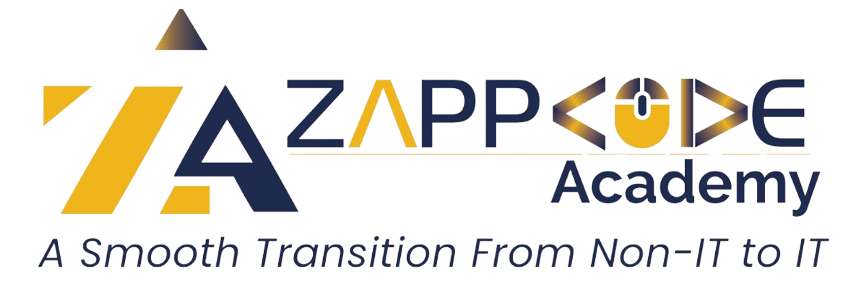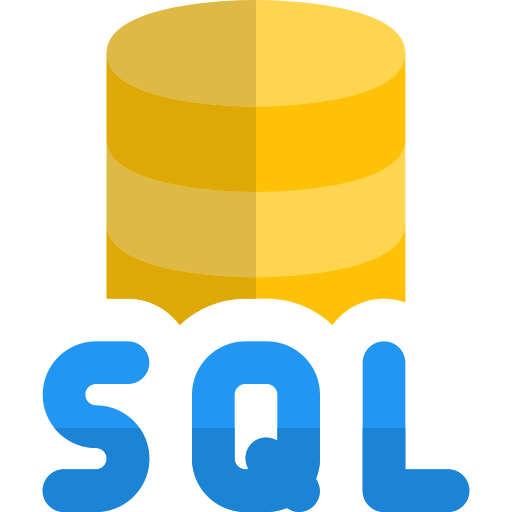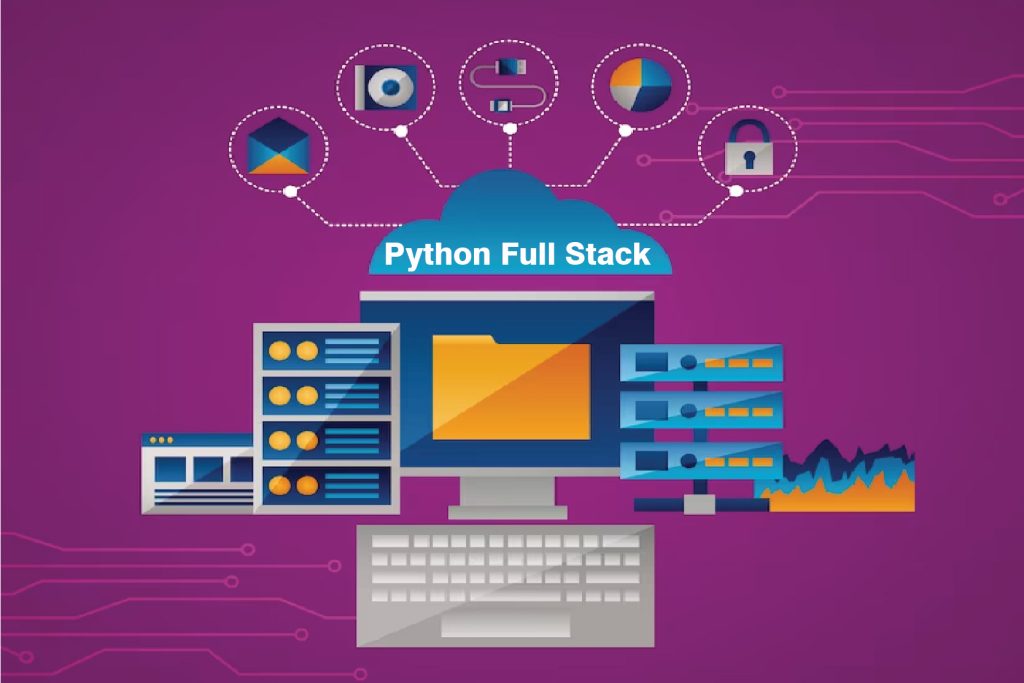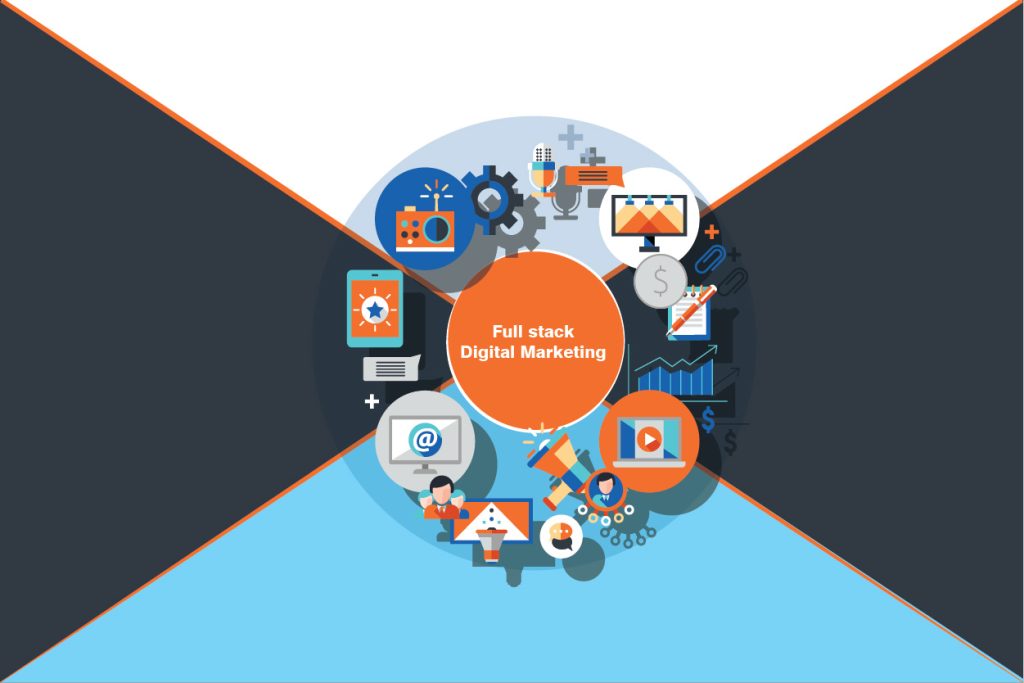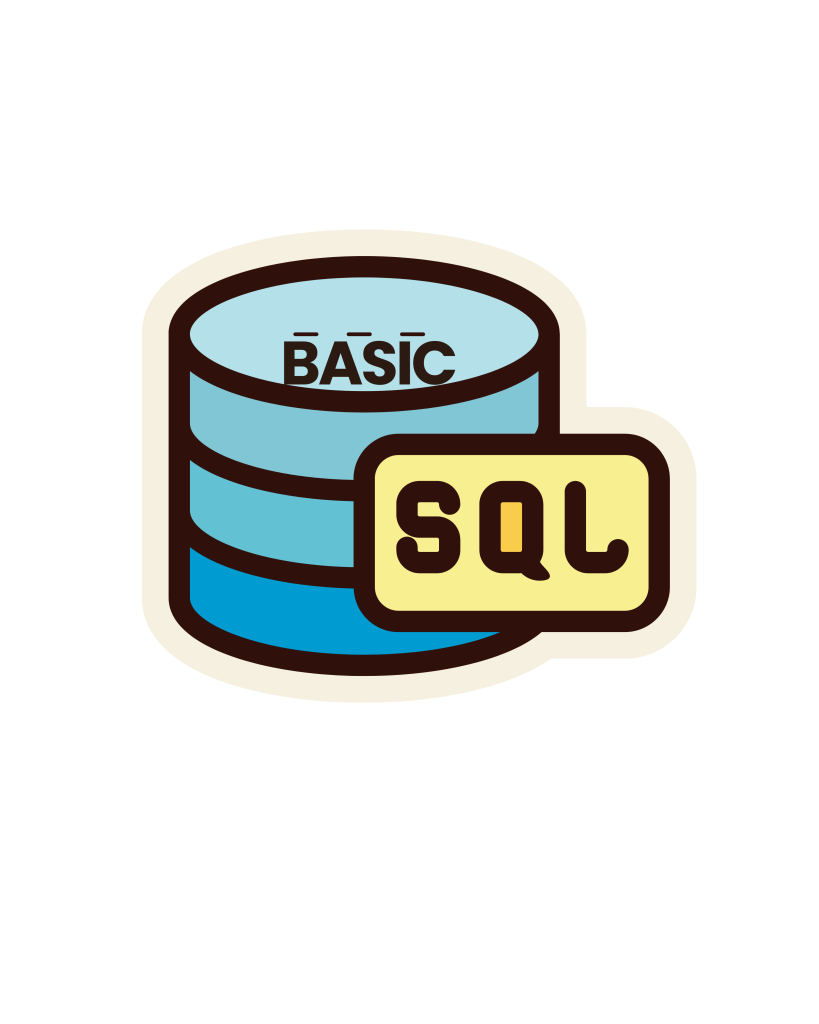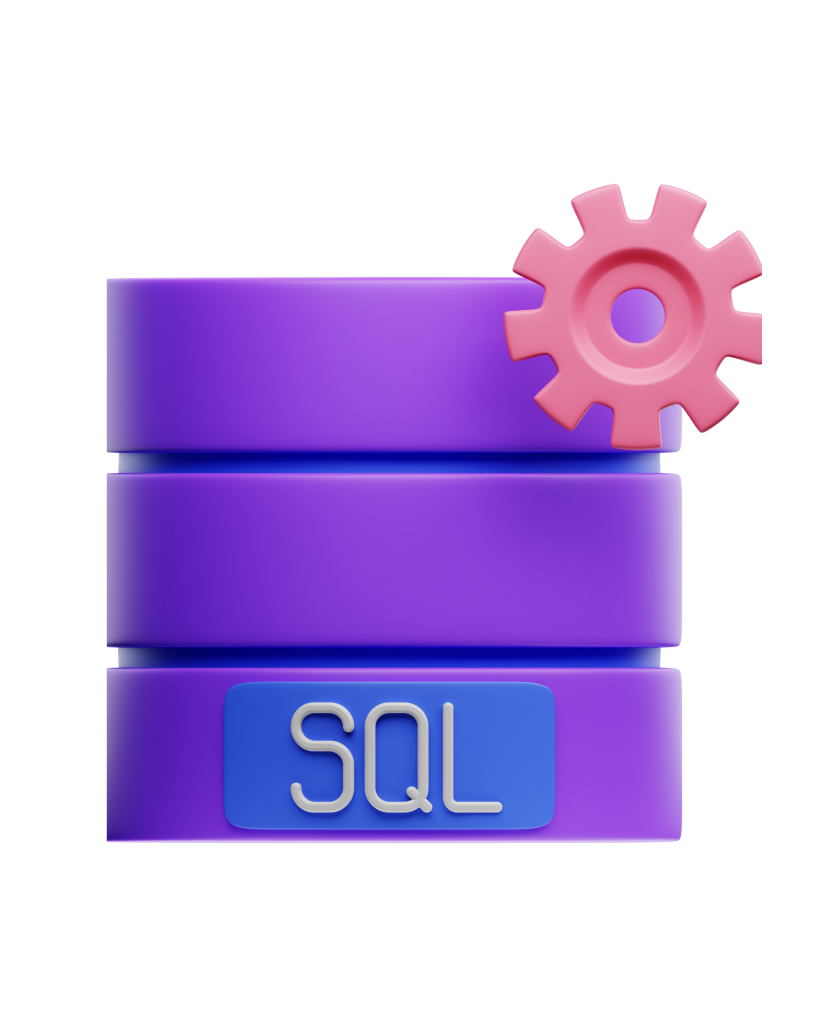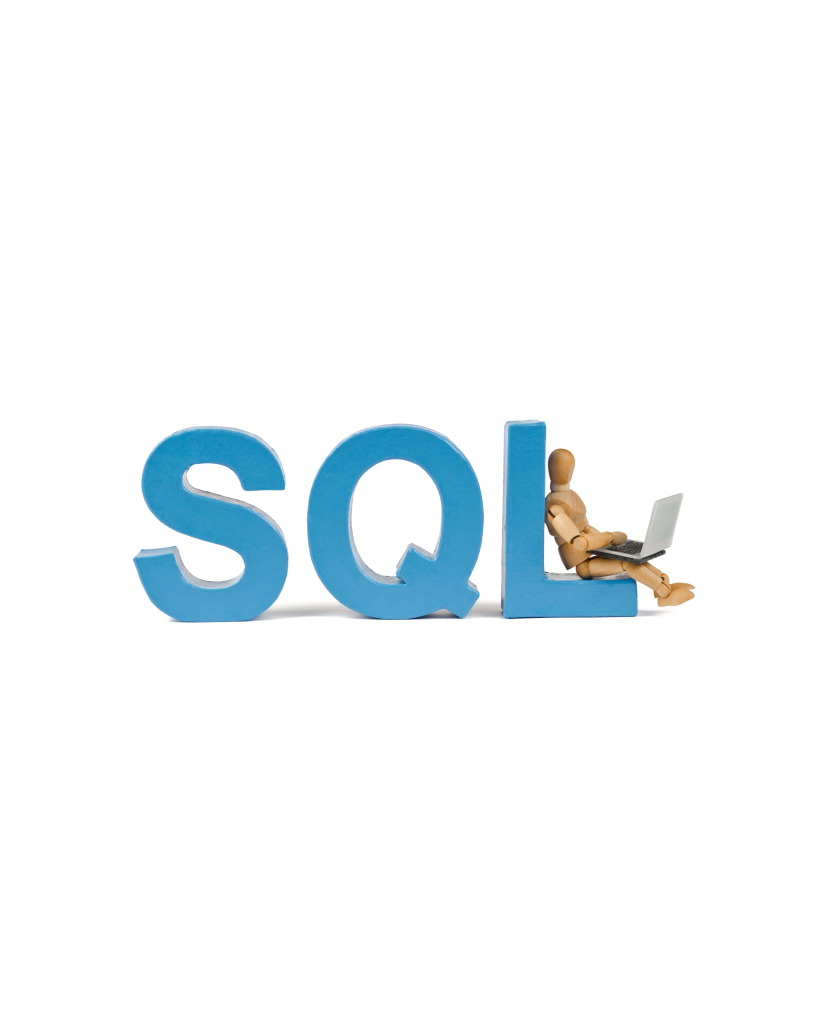Enroll Now
Data analytics
Start your career in Data Analytics. Learn key techniques from experts, analyze data effectively, and unlock new career opportunities in the analytics field.
Download
- Expert Trainer
- Affordable Fees
- Placement Opportunities
- Hands on Training
- Flexible Timings
- Industry Based Training
Attend Free Demo
Fill the details and we will call you for further guidance
Overview
Data Analytics is the process of examining, cleaning, transforming, and interpreting data to uncover useful insights, patterns, and trends. It plays an important role in decision-making across various industries, including finance, healthcare, retail, and technology.
By using statistical techniques, data visualization tools, and programming languages like Python, R, and SQL, Data Analytics helps organizations optimize processes, improve customer experiences, and drive business growth.
It includes different types, such as descriptive analytics (what happened?), diagnostic analytics (why did it happen?), predictive analytics (what will happen?), and prescriptive analytics (what should be done?). As data continues to grow exponentially, the demand for skilled Data Analysts is increasing, making it an exciting and rewarding career field.
Structured Learning for Data Analytics Expertise:
We have been offering a complete course in Data Analytics Training and Placement where you can learn how to strengthen your analytical thinkng. We promise you will study such things as data wrangling and cleaning, as well as data manipulation tools such as Python and SQL. The data analytics course will comprise of data visualization best practices that will enable you to present data into complete visuals for presentation.
Practical Application Through Projects:
We appreciates the role of practice in data analytics. Their Training and Placement program could involve exposure to real-life projects, which means that you will be putting into practice the skills being taught by solving business analytics-based challenges. Doing these projects serves as an experience that you can include in your portfolio and demonstrate your skills to employers.
Maximizing Your Employability with Placement Assistance:
Our commitment does not end with training or educating; this is where Zappcode Academy truly shines. The Data Analytics Courses in Nagpur offered by us is a part of complete Training and Placement program designed to optimize your employment prospects. From resume-writing assistance to mock interviews, we ensures you are fully prepared for a data analytics position. Increasing industry connections, we also refer you to companies seeking skilled data analysts.
Our Data Analytics Training and Placement program is more than just an investment in a specific skill set—it’s a pathway to career growth. With solid training and access to employment opportunities, graduates are well-equipped to launch a successful career in data analysis.
Benefits Of Data Analytics Courses
A data analytics course helps you learn how to make sense of data and use it to make better decisions. You’ll gain the ability to spot important patterns and trends that can improve how things are done, whether in business, healthcare, or any other field. This course isn’t just about numbers; it’s about understanding how to turn data into useful information that can solve real problems. With these skills, you can make a significant impact in your job, helping to guide decisions that lead to better outcomes. Whether you’re looking to advance in your career or start something new, the ability to work with data is a powerful tool that’s becoming essential in today’s world.
Salary Packages Of Data Analytics Carrier
A career in data analytics can offer lucrative salary packages, reflecting the high demand for skilled professionals in this field. In India, those starting out in data analytics can expect annual salaries between ₹4 to ₹8 lakhs, depending on the sector and location . With experience, these figures rise significantly; mid-level data analysts typically earn around ₹10 lakhs per year, while senior positions, such as data scientists or analytics managers, can command salaries of ₹15 to ₹20 lakhs or more annually.
Eligibility for Data Analytics Course
The great discoursed beckons the world of data analytics possibilities with the future of converting simple data into useful information. But before proceeding to attend this type of program, it is important to acquaint oneself with the requirements for admission to data analytics courses.
Foundational Skills:
Math and statistics are crucial components of data analytics programs – thus, the first prerequisite. Inclined to expect them to require this level of knowledge of high school maths, linear algebra, calculus, probability, hypothesis testing, and regression analysis. Do not be bothered if these terms ring a bell – some programs may provide introductory courses to compensate for the lack.
Programming Proficiency:
The prerequisite to data analytics courses is a prior understanding of any programming languages such as Python or R. These are the languages that will be utilized for managing the data, building the models, and visualizing the results. Some useful information: Knowledge of programming structures and concepts could be helpful. Some might even offer introductory courses, while others may assume the student already has an understanding of these languages.
Educational Background:
That said, it’s not imperative to dedicate the time for a Bachelor’s degree, but most Data Analytics Courses in Nagpur will require applicants to have a background in a quantitative subject such as Mathematics, Computer Science, Statistics, or Engineering. These disciplines not only prepare you for solving problems but also equip you with the tools to analyze data effectively. If your background isn’t in nursing or health care, don’t be discouraged. To make your application stand out, emphasize factors like previous work experience, proficiency in mathematics, and a genuine passion for data.
Alternative Routes:
Other options are worth consideration when one is looking for a faster way to get into the data analytics field boot camps. These intensive programs may not have so many restrictive conditions for admission, but they may call for hard work, dedication, and personal study abilities for one to excel.
What is the Data Analytics Course Syllabus
Analytical courses open up whole new areas of opportunity and enable you to delve into the available data. But, you may be asking yourself what makes this house of learning different? Here’s a glimpse into a typical data analytics course syllabus:
Foundational Pillars
Specifically, most programs that offer data analytics courses build a reasonable amount of mathematical and statistical knowledge. They should expect topics such as linear algebra, which is essential when it comes to manipulating data, probability & statistics because they would help in arriving at meaningful conclusions from the underlying data. Further, it may cover some fundamental tools like hypothesis assessment and regression analysis, which are helpful in pattern and dataset recognition.
Mastering the Tools
A data analytics course outline includes imparting knowledge and skills required by data analysts as part of their working toolkit. Python and R are the two most popular programming languages and so you would learn to use both these languages with a focus on how to manipulate and analyze data, develop models, and automate given tasks. Other courses that may be found on the syllabus are SQL, which is a Language that enables you to search and manipulate data stored in relational databases.
Data Wrangling Expertise
Raw data rarely comes in a perfect state, as data collected in its natural environment is often flawed. The Data Analytics Courses in Nagpur focus on teaching essential skills for data preprocessing—a technical process that involves cleaning and reorganizing data to make it suitable for analysis. You’ll learn how to handle missing values and outliers, ensuring that the data is accurate and ready for meaningful analysis.
Unveiling the Data Analytics Courses Fees
It is always beneficial to consider investing in a course like data analytics as it can be a significant turning point for one’s career. However, fee structure for data analytics courses also should be undertaken:
- Course Duration: However, intensive programs that take only 3-6 months often cost more per month than 4-year programs such as a degree. However, the overall cost of the materials could be cheaper.
- Delivery Format: Online data analytics courses can be cheaper than courses done physically where one gets more real-life experience.
- Institute Reputation and Certification: Some schools with better-trained teachers would cost more and yet the outcome of learning would be all the better for it. Certified courses, in turn, offer more value for students but usually, entail higher tuition fees.
- Remember
- Do not rely just on the prices. When selecting data analytics courses, consider programs with flexible schedules, extensive content, clear and frequent guidance from instructors, as well as personnel assistance with entering the job market. Check out some no-cost options to help you sample the pleasures and responsibilities of data analytics. By considering these aspects, you can now select the course that best suits your budget and learning objectives, which will take you closer to achieving your data-oriented dreams!
Highlights of Zappcode Academy
Limited Students Batch
Personalised Attention
Highly Qualified Teachers
Flexible Batch Timings
Interactive Learning
Live Projects
Career Support
Job Oriented Training
Why Data Analytics in Zappcode?
Flexible Learning Options
Our training is planned for working professionals with flexible weekend and evening classes. Learn at your own speed without affecting your job, with hands-on training from industry experts for a practical learning experience.
Develop Practical Skills
Our course helps you learn practical skills for real-world use. You’ll learn data cleaning, analysis, and statistical methods while working on hands-on projects. Build expertise in data visualization, machine learning, and presenting insights to prepare for a successful career.
Boost Your Employability
This Course will help you to stand out in the job market with in-demand skills. Beginners start with good salaries, and experienced professionals earn even more. We also provide resume and interview support to lift your job chances and career growth.
Increase your Business Acumen
We have experienced instructors who simplify complex topics. They provide clear guidance, helpful feedback, and continuous support to help you build the skills needed for a successful data science career.
Placement Assistance
We don’t just teach; we guide you towards your career goals. With our dedicated placement assistance, we help you create a strong resume, prepare for interviews, and connect you with top companies. Our goal is to ensure you’re job-ready and confident.
Affordable Pricing
We believe that quality education shouldn’t break the bank. That’s why our course is priced to be accessible without compromising on value. We also offer flexible payment options, ensuring everyone has the opportunity to learn and grow.
Get 100% Job Assistance by enrolling in Certified Data Analytics Course
Job Assistance
30+ Companies Tie-ups
Enroll Now
Placement Initiative for our Students

Our Job Assistance Program
We prepare students with the skills and confidence to succeed in interviews. We provide Interview preparation Guidance on interview techniques, common questions, and how to showcase your knowledge.
- Assured Training and Placement
- Placement Guidance
- Resume Building
- Mock interviews
- Drive Exams
- Paid Internship at Zappcode Solutions
Attend Free Demo
Fill the details and we will call you for further guidance
Our Students Placed and Working with Companies












ENQUIRY FOR Data Analytics COURSE FEES
Enroll Now
Data Analytics Course Curriculam
Our Curriculum Program Covers Basic To Advance Level Topic on Data Analytics
- Introduction to Data Analytics, types of data, data lifecycle
- Introduction to Excel: Interface, basic functions, and formulas
- Data entry, formatting, and basic data manipulation
- Basic formulas and functions (SUM, AVERAGE, COUNT)
- Working with ranges, cells, and data validation
- Advanced formulas (VLOOKUP, HLOOKUP, INDEX, MATCH)
- PivotTables and PivotCharts
- Conditional formatting and data visualization
- Advanced data analysis (What-If Analysis, Solver)
- Macros and basic VBA
- Introduction to databases, types of databases (relational vs. non-relational)
- Basics of SQL: SELECT, FROM, WHERE
- GROUP BY, HAVING, ORDER BY
- JOINs (INNER, LEFT, RIGHT, FULL)
- Subqueries and nested queries
- Window functions (ROW_NUMBER, RANK, DENSE_RANK)
- Common Table Expressions (CTEs)
- Indexing and performance optimization
- Data modification (INSERT, UPDATE, DELETE)
- Working with dates and strings
- Setting up Python environment, basics of Python programming
- Data types, variables, and basic operations
- Control structures (if, for, while)
- Functions and modules
- Working with lists, tuples, and dictionaries
- Introduction to NumPy: Arrays and basic operations
- Array manipulation and mathematical functions
- Introduction to Pandas: DataFrames and Series
- Data manipulation (filtering, sorting, grouping)
- Pandas: Merging, joining, and concatenating Data Frames
- Introduction to Matplotlib: Basic plots (line, bar, scatter)
- Customizing plots (labels, titles, legends)
- Introduction to Seaborn: Statistical plots (boxplot, violin plot)
- Advanced visualization techniques
- Plotly: Interactive visualizations
- Understanding the dataset and basic statistics
- Data cleaning and preprocessing
- Univariate and bivariate analysis
- Handling missing values and outliers
- Data visualization for insights
- Basics of descriptive statistics
- Probability theory and distributions
- Hypothesis testing and confidence intervals
- Correlation and regression analysis
- Statistical significance and p-values
- Introduction to Power BI
- Importing Data
- Data Modeling
- Creating relationships between tables
- Explore DAX (Data Analysis Expressions) language
- Data Visualization
- Customize and format visualizations
- Data transformation techniques using Power Query Editor
- Parameters and functions to make your queries dynamic
- Handling errors and exceptions in data transformations
- Power BI Service and Sharing
- Project setup: Identifying a real-world dataset and objectives
- Data cleaning: Handling missing values and inconsistencies
- Data transformation: Feature scaling and encoding
- Exploratory data analysis: Identifying patterns and insights
- Project review and documentation
- Project setup: Identifying a real-world dataset and objectives
- Data visualization: Creating effective charts and plots
- Advanced visualization techniques: Interactive and animated plots
- Building a comprehensive dashboard
- Project review and documentation
- Capstone project: Integrating all learned skills
- Data collection, cleaning, and preprocessing
- Data analysis, visualization, and modeling
- Finalizing the project and preparing a presentation
- Presenting the capstone project and receiving feedback
- Introduction to Git and Version Control
- Working with Git: Branching, Merging, and Resolving Conflicts
- Introduction to GitHub: Repository setup, Pull Requests
- Resume Building: Crafting an effective resume highlighting technical skills
- Mock Interview Practice: Behavioral and Technical questions
- Creating a LinkedIn Profile: Optimizing for job search
- Networking Strategies: Connecting with professionals in the industry
- Job Search Strategies: Applying for positions, leveraging LinkedIn
- Portfolio Development: Showcasing projects on GitHub, LinkedIn
- Job Ready Preparation: Final review, polishing resume and online profiles
Download Syllabus Broucher for more details
Download
Get Training Certificate
- Get Certified Training
- Valid for all Jobs and College Training
- International Recognition
- Validate Your Skills

Frequently Asked Questions
Missing Values: I’d identify the extent of missing data and choose an appropriate method like removing rows, imputation with mean/median, or k-Nearest Neighbors based on the data and potential impact.
Mean, Median, Mode: Mean is the average, median is the middle value, and mode is the most frequent value. Understanding these helps summarize and analyze data effectively.
Data Visualization Example: (Choose a personal experience) While analyzing customer data, a scatter plot revealed a hidden correlation between purchase frequency and product category, leading to targeted marketing campaigns.
Data Analysis Steps: Define the business question. 2. Collect and clean the data. 3. Explore and analyze the data using descriptive statistics and visualizations. 4. Draw conclusions and communicate insights.
Ethical Considerations: Protecting data privacy, avoiding bias in data collection and analysis, and ensuring transparency in how data is used are all important ethical considerations.
Latest Blogs
How Small Businesses Grow Big Using Digital Marketing Strategies
In today’s digital-first world, small businesses no longer need huge...
Read MoreHow Python Teaches You to Think Like a Problem Solver, Not Just a Coder
When most people hear Python, they think of coding, web development,...
Read MoreWhy Data Analytics Is the Fastest Way to Get an IT Job
The IT industry is changing faster than ever. New technologies...
Read MoreWhy Full Stack Development Is the Most In-Demand Career Today
The world is growing more digital with each passing day....
Read More